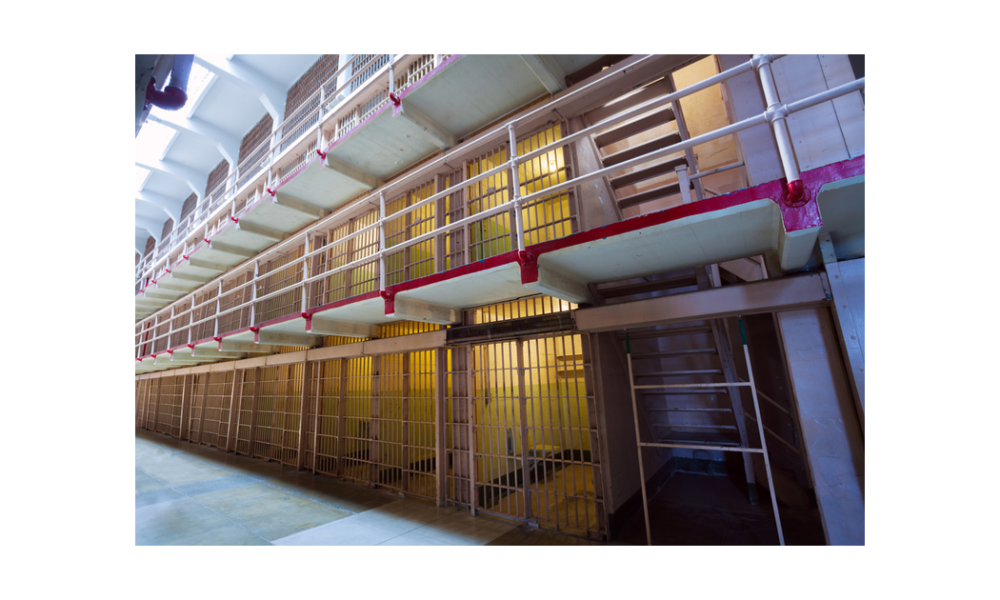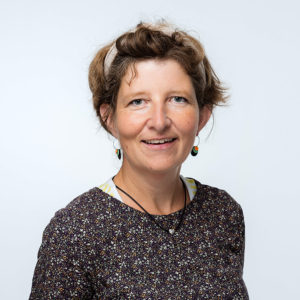
Community Matters!
My path to 70th Festival celebrations
In a reflection on profession and belonging, Eva Worm takes us on a journey from her first encounter with the Tavistock Institute’s 70th Anniversary Festival ‘Reimagining Human Relations in our Time’ through to the launch of the Tavistock Community and its first Annual Gathering.

I am 49 years old and married with three children. I have a degree in law. I supplemented my education with an additional master’s degree in Organisational Psychology. Throughout my time in the labour force, I have been occupied with prisons. I have worked more than 15 years as a leader in the Danish Prison and Probation service, both in a prison and in the agency. My fundamental premise during my work with the services, has been ‘you imprison a beast and meet a person’. Organisational psychology has given me a fundamental understanding of the world of prisons, and the people surrounding me.
“We are looking for volunteers for an anniversary. We will open the archives and celebrate our 70th birthday”. A bulletin caught my interest. The Tavistock Institute had until that point merely been a name in my textbooks. I now had the chance to volunteer at the Institute that had been central to my journey towards organisational psychology. In December I sent the message “I want to sign up”, and without knowing it, I was at the beginning of a whole new adventure. A journey into a community that I did not know existed, and this all came to me during a week in October in London 2017. What had appeared to me to be a lonesome journey, turned out to be a journey with participants from all over the world. A journey in time and space. The past and the present got explored, and the future became accessible. Communities across time zones and borders got established, and a new professional cooperation grew from it.
My journey began years earlier. To be exact, it was a cold January day in 2005. It was right after New Year’s Eve, and I was standing in front of the prison walls- ready to enter. I knew that it was difficult to leave a prison, but I could not have imagined how difficult it would be to enter one. It was my first day at work as a lawyer n a closed prison outside of Copenhagen. I was facing an unforeseen challenge – how do I get into prison? My eye caught a bell on the brick wall. I pressed it, and it rang loudly. Slowly the gate opened. “The bell is only in use at night”. The prison guard sounded rebuking and his voice was the first thing that met me inside the prison walls. I was identified as the new lawyer, and I was allowed to continue inside. Later that day, one of the social workers came to my office, welcomed me and pointed at the huge pile of case files: “I know your profession. You are the one always saying no and rejecting our recommendations.” I felt sadness and rage at the same time, being stereotyped from the very beginning as the one who did not understand and always said no. It was far from my self-regard to be seen and perceived as the naysayer. I have always been driven by the pursuit to change the world and make it a better place; not to act against it.
The world that met me was a world that, in many ways, I did not understand. My previous management experiences and my academic and analytical competencies from law, turned out to be insufficient compared to what met me. A world where a single day at work could develop from passion and a sense of meaningfulness, to violent aggressions and the feeling of powerlessness. My job consisted of familiar elements (I had over 10 years of experience within the Danish Prison and Probation Services) and I had visited many of our institutions. But the elements were coming together in new patterns. “Perhaps you should try organisational psychology. That could help you moving forward”. A good friend of mine, who just had a case study about the prison system in her second master’s degree, gave me the idea, that I could point myself towards new directions, and try another path. And she was right – organisational psychology provided me with new views and insights and brought me to Tavistock in October 2017.
I went on Wednesday morning,18 October to the Swiss Church in Central London. I did not know exactly what I was expecting. I went to explore The Paradox- the Art of Here and Now. Like always, when I had participated in Group Relations activities before, I was hit by a feeling of incompetence. Would I even fit in? Luckily, my eye caught the inscription above the altarpiece: ‘Je mettrai pas dehors celui qui vient a moi’. It left me with a feeling of inner peace, and an assurance that I would indeed find my place here. Dione Hills and Leslie Brissett’s dialogue on “here and now- and being present” immediately made me think of the prison. The inmates always had the day today as the starting point of a conversation. Not yesterday – not tomorrow. This particular type of presence had provoked me before in its irresponsibility, but now the thought that it also encompassed a certain beauty hit me. The experience that followed consisted of both the topics of mind and body. It was the workshop called When things go wrong – how organisational development can help. I participated in an organisational exercise that took place at a hospital. The exercise revolved around a woman who had fallen, and it was our job to determine who was at fault. We were approximately 10 people, and we were all assigned different roles: doctors, nurses, department leaders, cleaning personnel and administration. We had to stand in a circle and point a finger towards the center. Yarn was passed from hand to hand, lashed around our fingers. It turned in to a spiderweb of relations. At the end of the exercise, the consultant cut the stretched-out lines, and we were no longer connected. I was left with an intense feeling stuck in both my mind and my body – it was the feeling of broken relations, and the underlying meaning of ‘when things go wrong…’
My motivation for going to London was two-fold; I wanted to participate in the activities of the festival and spend time with my kids who had time off from school. The motivation I had for going to London was brought into play with the third activity of the festival, which I participated in on Thursday, 19 October. That morning, the 30 participants, who had a 1 to 10 male-to-female ratio, participated in the third festival Social Dreaming Matrix. The topic of children became a recurring theme at the event, and the facilitator concluded in the subsequent summary that the session had left higher hopes than it was expected to beforehand.
Right there, in the beautiful reading room at the Wellcome Library, I was confirmed in the motivation I had felt, which lead me to go to London in October 2017 and from which I have entered into the newly emerging Tavistock Community.
You can receive more information here about the launch and Annual Gathering on 24 June 2019 by ticking Tavistock Community mailing list.